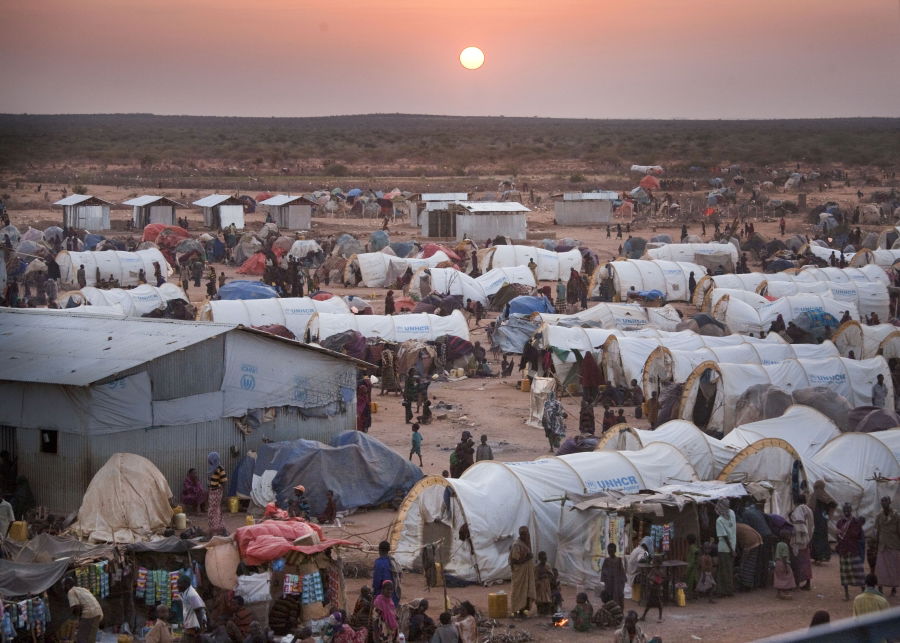
The present refugee crisis is the greatest since World War Two. Conflict, persecution, and other types of violence have forced millions of people to leave their homes. Many of these refugees have no choice but to live in a camp. On the other hand, the conditions in refugee camps are frequently far from ideal, and the humanitarian crisis there keeps getting worse. In this article, we'll look at the difficulties that refugees encounter while living in camps around the globe and talk about what we can do to better assist these vulnerable communities.
Difficulties Refugees Encounter in Camps: Residing in a refugee camp can be quite difficult. Basic basics like food, water, and medical attention are lacking in many camps. Moreover, refugees frequently deal with housing shortages, poor sanitation, and overcrowding. Children in these settings are especially at risk, as they have less access to schooling and are more likely to be exploited and abused.
The need for more effective and compassionate methods:
It is obvious that the existing strategy for supporting refugees is insufficient. To make sure that refugees in camps receive the assistance they require, we need more humane and practical strategies. This comprises:
- Investing in Long-Term Solutions: Simple shelters and tents are not sufficient temporary solutions. We must make investments in long-term, viable solutions that offer safe, secure, and respectable living conditions for refugees.
- Access to Education: Attending school is a fundamental human right, yet many children living in refugee camps are unable to do so. No matter where they are located, we must give all refugee children priority access to education.
- Addressing Mental Health: Displacement trauma can have a significant negative influence on one's mental health. Refugees' access to counseling and other forms of help, as well as mental health support in general, must be given top priority.
- Improving Partnerships: Cooperation and partnerships between governments, NGOs, and other stakeholders are essential for providing effective support for refugees. To create more scalable and effective methods for assisting refugees, we must collaborate.
Conclusion:
The humanitarian crisis in refugee camps is a global challenge that requires a compassionate and effective response. We need to invest in sustainable solutions, prioritize access to education, address mental health, and strengthen partnerships to ensure that refugees in camps receive the support they need. By working together, we can create a more just and compassionate world for all.